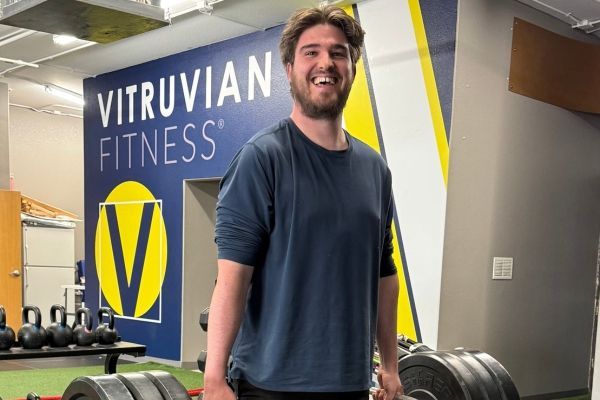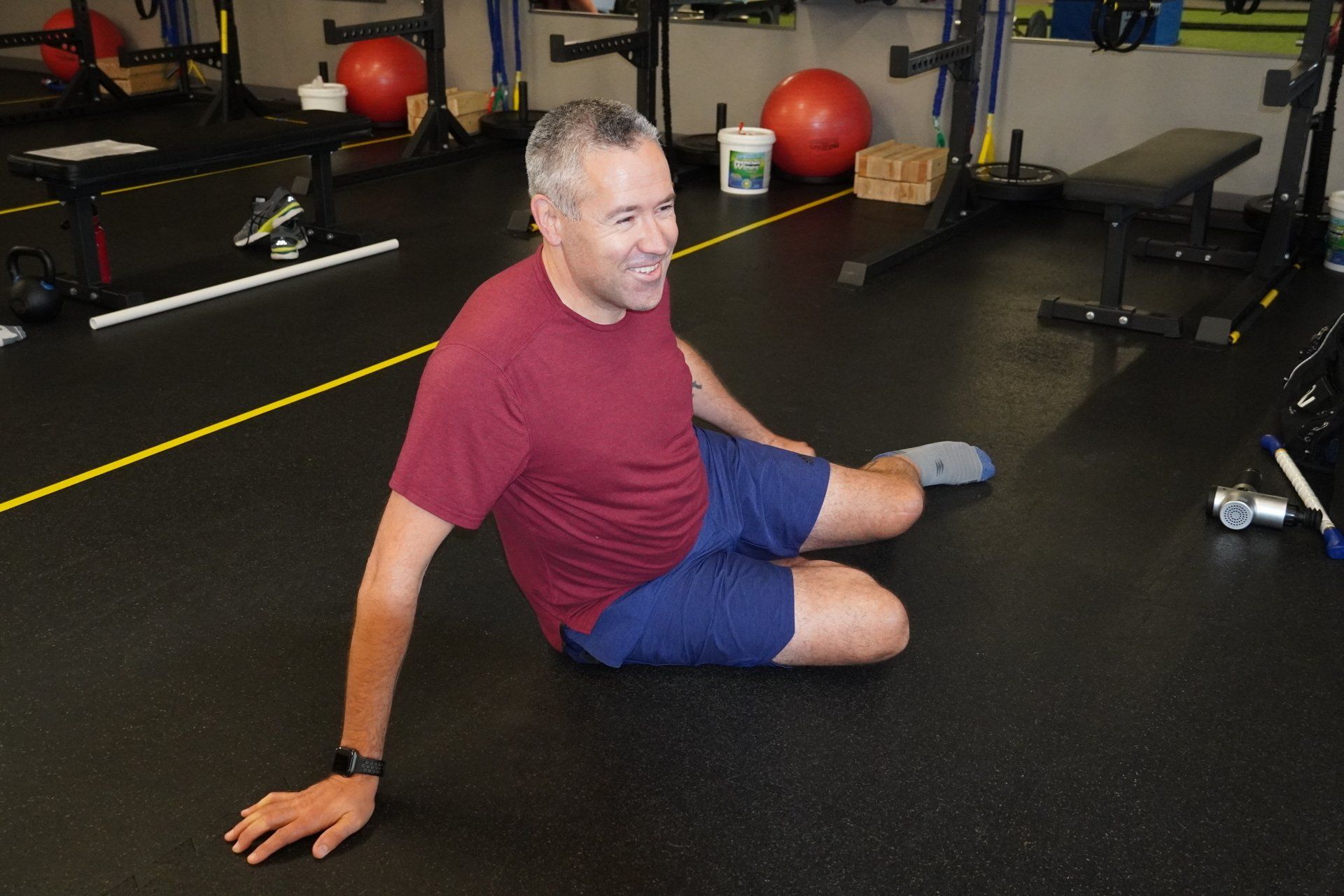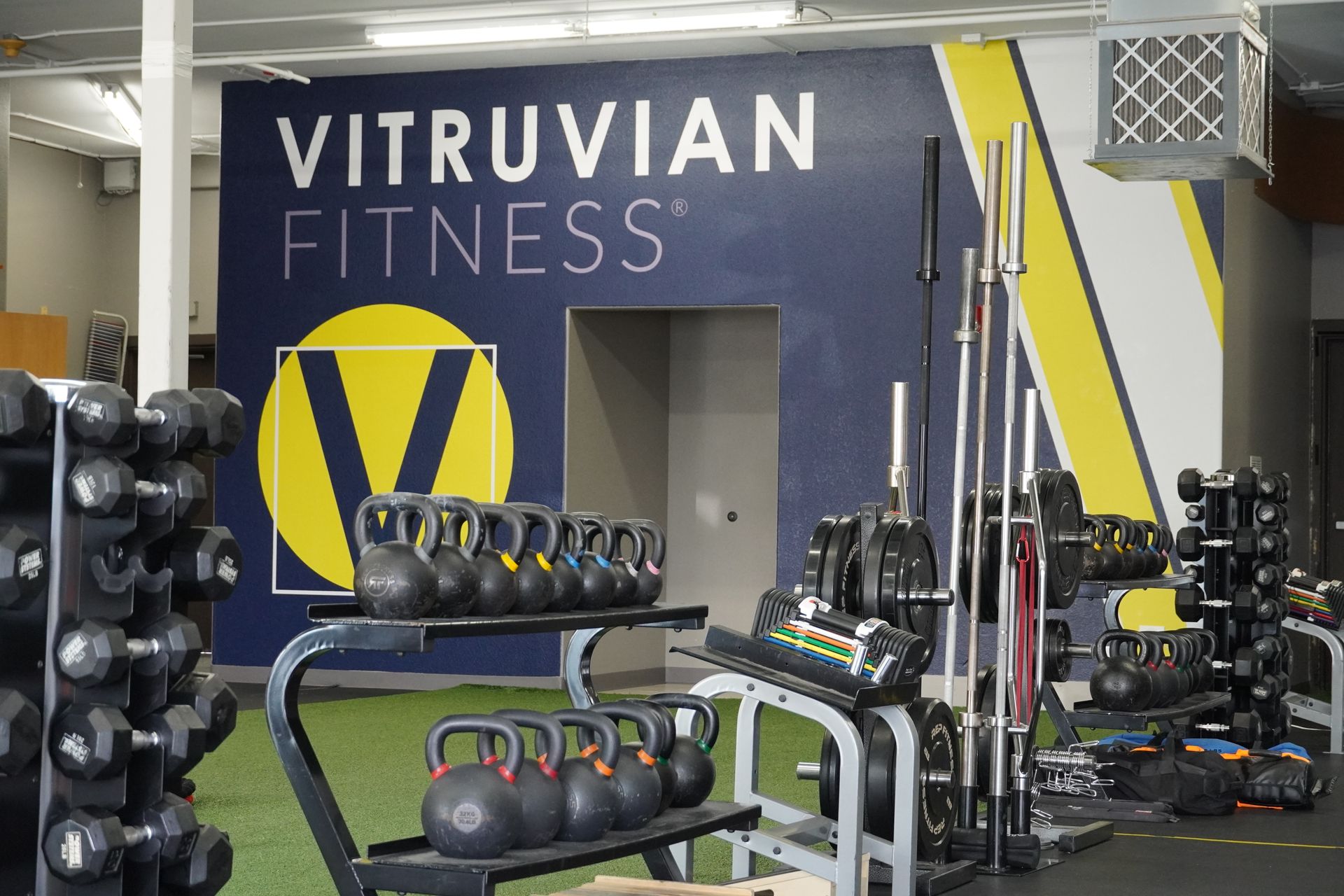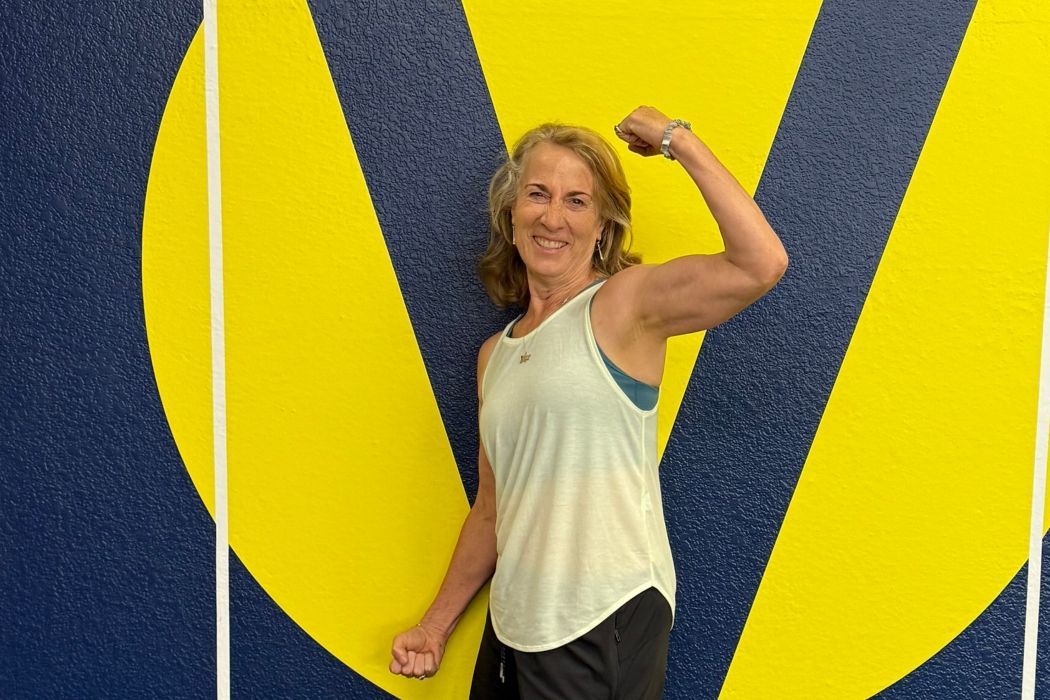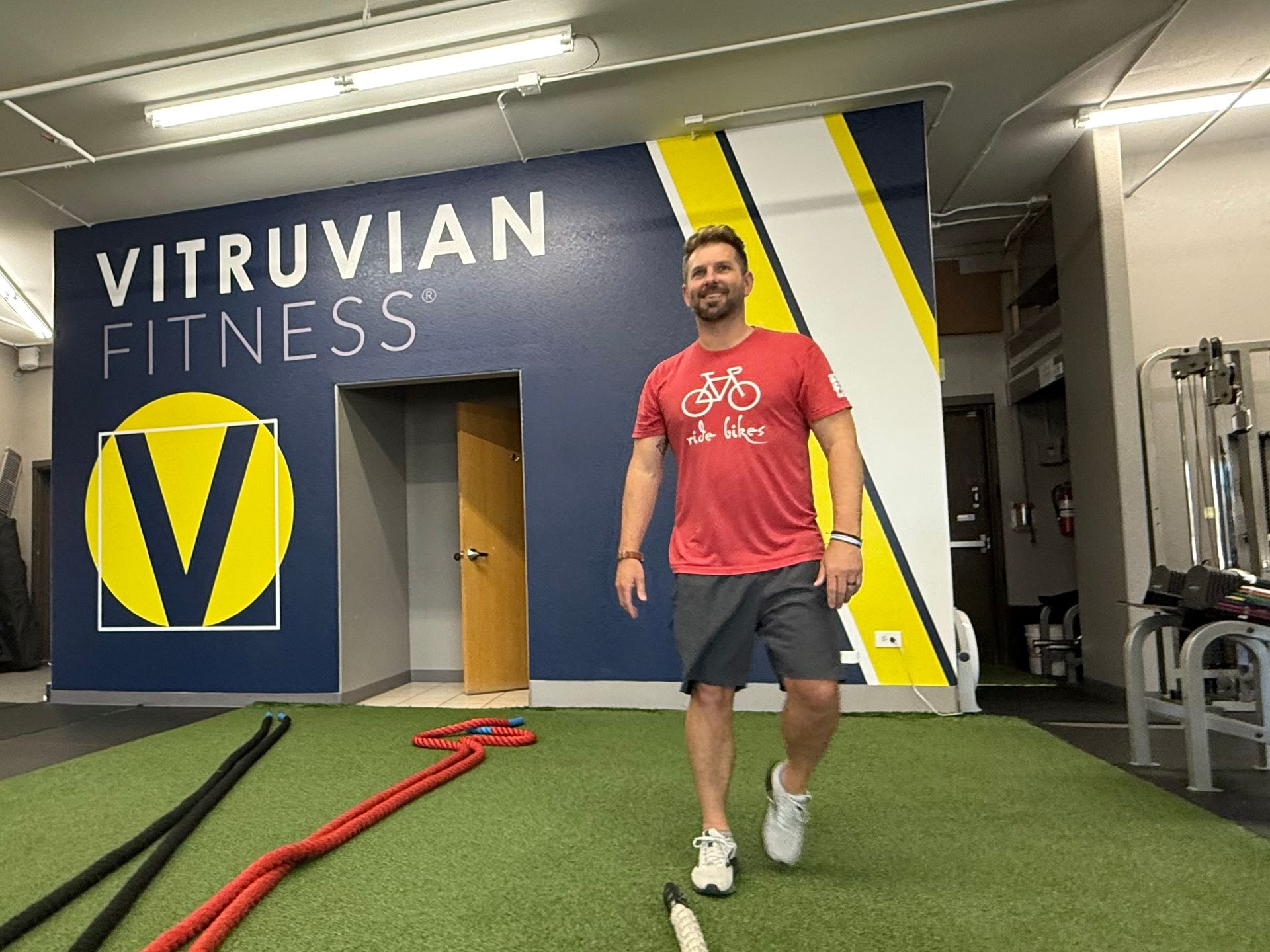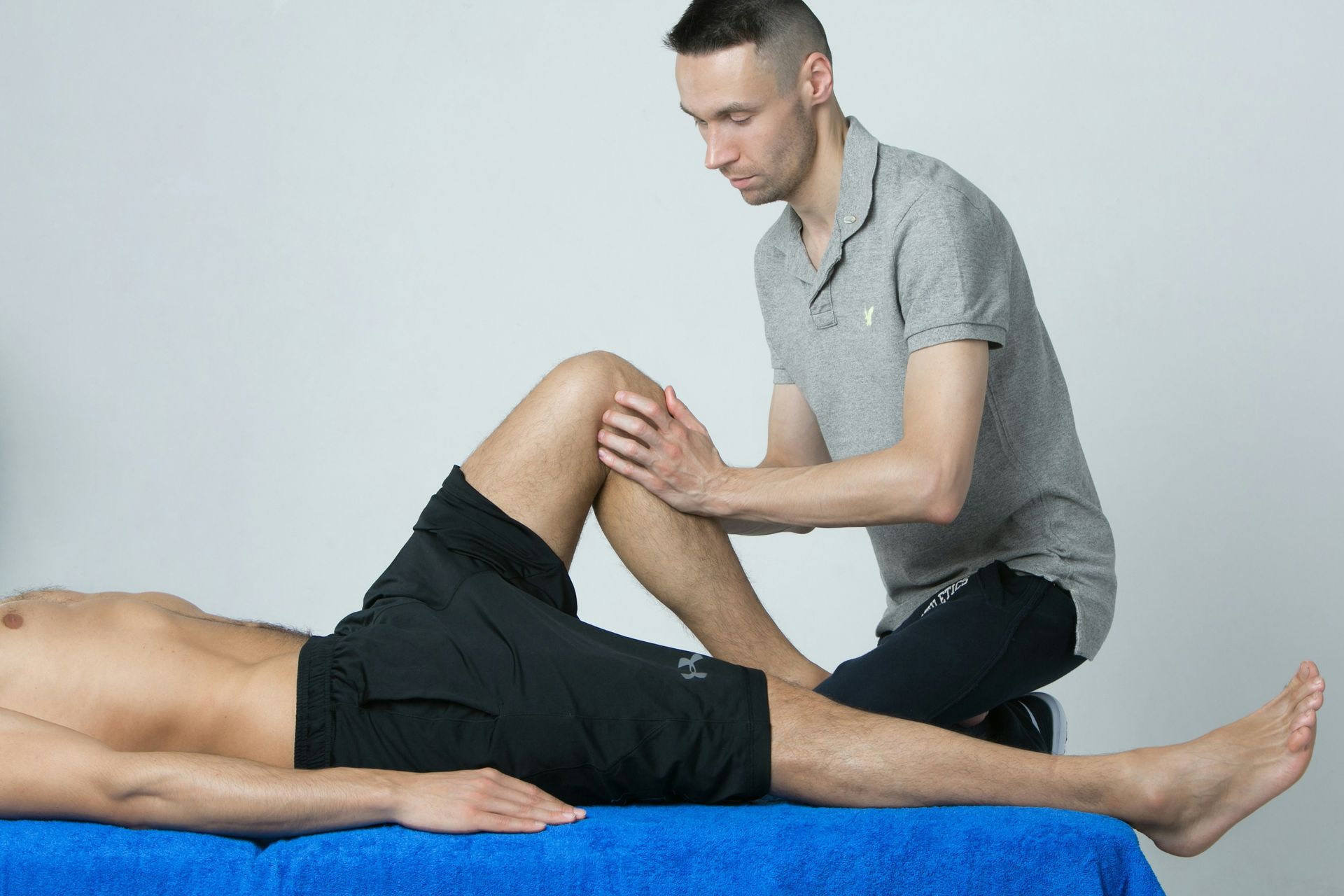10 Things to Ponder About 2016
When you find the right balance for you, you’ll know it and so will everyone around you because you’ll glow.
Have you ever stopped to ponder why when you ask a little kid how old she is, it’s pretty likely you’re going to get a fraction in the answer? Incidentally, Vitruvian Fitness is 6 1/2. In those 6 1/2 years, we’ve learned, coached, struggled and juggled a lot. We love what we do. But damn, it’s hard work! So, here I’ve taken the time to make a list of 10 Things to Ponder.
At the end of 2013, I wrote a post called Ten Things I Said, Thought or Did in 2013. It was brilliant. You should read it. Here are a few more things that have been on my mind this year so I submit to you this variation on a theme.
10 Things to Ponder:
- To be a happy, fit, healthy and active person, you must move well, move often, sleep well, sleep often, eat well, eat intelligently and surround yourself with community. When you find the right balance for you, you’ll know it and so will everyone around you because you’ll glow.
- Personal Trainers are not weight-loss experts. See above. We are lifestyle change-agents.
- Those lifestyle changes are hard – especially when the establishment is conspiring against you.
- Big Box Gyms are wildly excited to sign you up for a cheap membership but the success of their business depends on you NOT showing up. It’s a subscription model that exploits good intentions and profits from fecklessness. In other words, 80% of the non-going membership is subsidizing the gym for the 20% that actually use it. And judging from the looks of things, it might be 90:10.
- I’ll give you a topic: “Disruption” is to Millennials what “paradigm shift” is to Baby Boomers. Discuss.
- Work without rest is a wasted effort. Rest without work is just plain lazy.
- Riding a bike is just like riding a bike.
- Some of this year’s most popular mantras:
- Get long and strong!
- Point your toes toward your nose!
- Crack a nut with your butt!
- Recruit the glute!
- Put some hip-snap into that!
- (apparently, gluteals are a recurring theme)
9. Working out is hard. Why would anyone want to do this when you could drink cheap beer and smoke a bag of weed?
10. Maybe it’s my age but it seems we lost an inordinate number of influential people this year. There are a lot of broken hearts caused by the souls on this list.
What’s on your mind about 2016? Tell us in the comments what you’ve been pondering about this year and what you’re looking forward to in 2017
You might also enjoy these posts . . .
